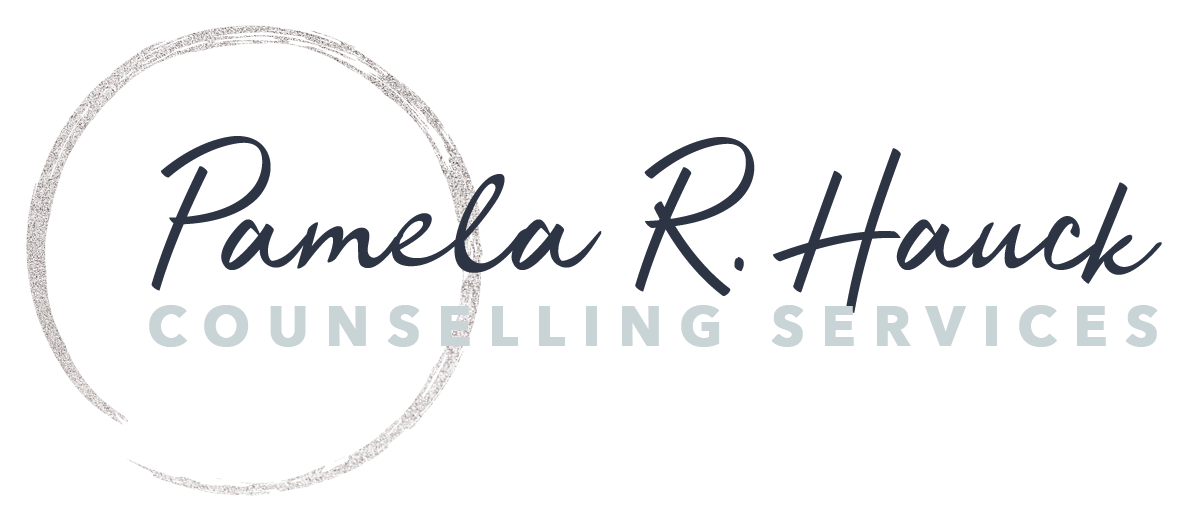Psilocybin Assisted Therapy - how does it differ from traditional pyschotherapy?
Traditional therapy and psychedelic therapy are similar in many ways. They both involve counseling sessions and a safe and welcoming therapeutic space. And both support clients in developing insights and breakthroughs that lead to positive changes in their lives.
The biggest and most important difference between the approaches is Psychedelic Therapist’s close ties to the medical system, hence the need for interdisciplinary team support.
Since psychedelics alter perception, consciousness, heart rate, blood pressure and can interact with other medications, a comprehensive medical screening is required.
In addition to these requirements is the ongoing client and therapist commitment. Psychedelic Therapy is not a one-off experience. It requires a commitment of several preparation and integration sessions before and after the experience.
Alberta’s Psychelic Assisted Therapy Efforts
Strong medical evidence supporting access to Psychedelic Assisted Therapy can effectively treat existential suffering in dying, depression, anxiety, addiction, PTSD, and other mental health conditions, improving quality of life.
Psilocybin required for Psilocybin Assisted Therapy is currently only available in clinical trials and by special individual permission from Health Canada (S.56 exemptions) despite it’s low potential for harm
Alberta’s plan to oversee therapy using psychedlics for mental health disorders was marked by changes to the Mental Health Services Protection Regulation which started on January 16, 2023.
Health Care Professional can request a drug, that is not available for sale, from Health Canada through the SAP, to treat a patient with serious conditon where conventional treatment have failed.
People with medical needs for unavailable controlled substances can request a Section 56 exemption from Health Canada. This is for conditions like chronic pain, treatment resistent depression, end of life anxiety, not helped by usual treatments or scientific research.

